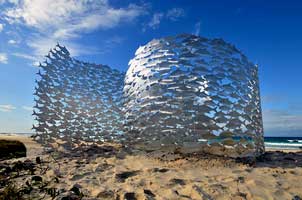Q: How do I learn abstract words like “to seem” and “to be”? A: Up until you have enough vocabulary to handle a monolingual dictionary, you’ll be reliant on context. My favorite source of words in context is the basic (old) version of Google Images plus Google Translate (I use the google toolbar to dump the Google images search results url directly into google translate). This will give me a bunch of pictures with translated captions underneath. Pick one that you like and turn it into a fill-in-the blank card. In Russian, my example for “seem” translates to “this house seems small“. I already know house and small and I remember enough about the meaning of the sentence that those two other words plus the associated picture from google images that the meaning stays pretty clear. Once that sentence makes sense to me then I can go in the other direction and have “to seem” on the front, and on the back my example sentence. In that card, I’m training myself to more-or-less remember in which context I’ve heard that word before.
Basically, you use pictures to provide concrete anchor points, and you build bridges between them with connecting words (He is a boy, He is mean, the dog wants a bone). Once you’re comfy with those words then you build bridges on top of your bridges (he is drowsy = he wants to sleep a little, etc). The structure gets bigger and bigger underneath, and eventually you can handle a monolingual dictionary and things get easier. It’s a fun process, once you get used to it.
Q: I speak German fluently, but I have a lot of ingrained mistakes. Can I fix them? A: Write, write, write. At your level, it’s how you figure out exactly where your ‘fossils’ are. Routinely write out a 5-minute journal in German and submit it to Lang-8.com. Get your correction and put it in Anki as a fill-in-the-blank-type card wherever you make a mistake. Get a daily Anki habit going.
The program will automatically focus on the more difficult stuff, because you’ll make more mistakes with it, and so you’ll see those cards more often, and it should pretty quickly replace your bad habits with good ones.
